International Advisory Council
.png)
Prof. dr. Joy Bergelson
New York University, Department of Biology, Center for Genomics and Systems Biology
We study the ecological and evolutionary dynamics of bacteria interacting with A. thaliana. Some current themes include the role of generalist pathogens on community genomics, the role of pathogen by pathogen interactions on infection dynamics, dynamics between pathogens and the rest of the microbiome and functional analysis of the evolution of the immune system in plants.
Further information
Dr.
Team lead Microbial Profiling at Koppert B.V.
Koppert is an international market leader in biological crop protection and natural pollination. We offer an integrated system of specialized cultivation knowledge and natural, safe solutions that enhance the health, resilience, and productivity of crops. Over the years, Koppert's extensive expertise in insects, mites and microorganisms has inspired numerous solutions for agriculture and horticulture to control pests and diseases.
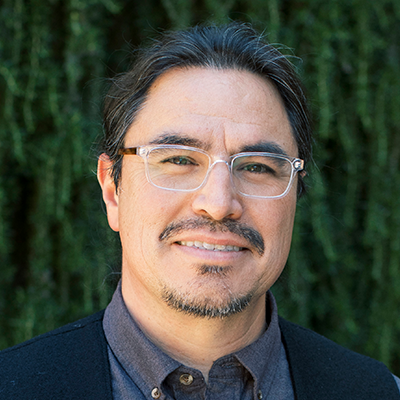
Prof. dr. José R. Dinenny
Stanford University, Department of Biology; Howard Hughes Medical Institute
Research in the Dinneny lab is focused on understanding how the root system of plants senses and acclimates to drought and salinity in soil. We focus on developmental responses to these environmental challenges and utilize genomics, molecular genetics and synthetic biology approaches to determine the mechanistic basis for form-function relationships.
Further information
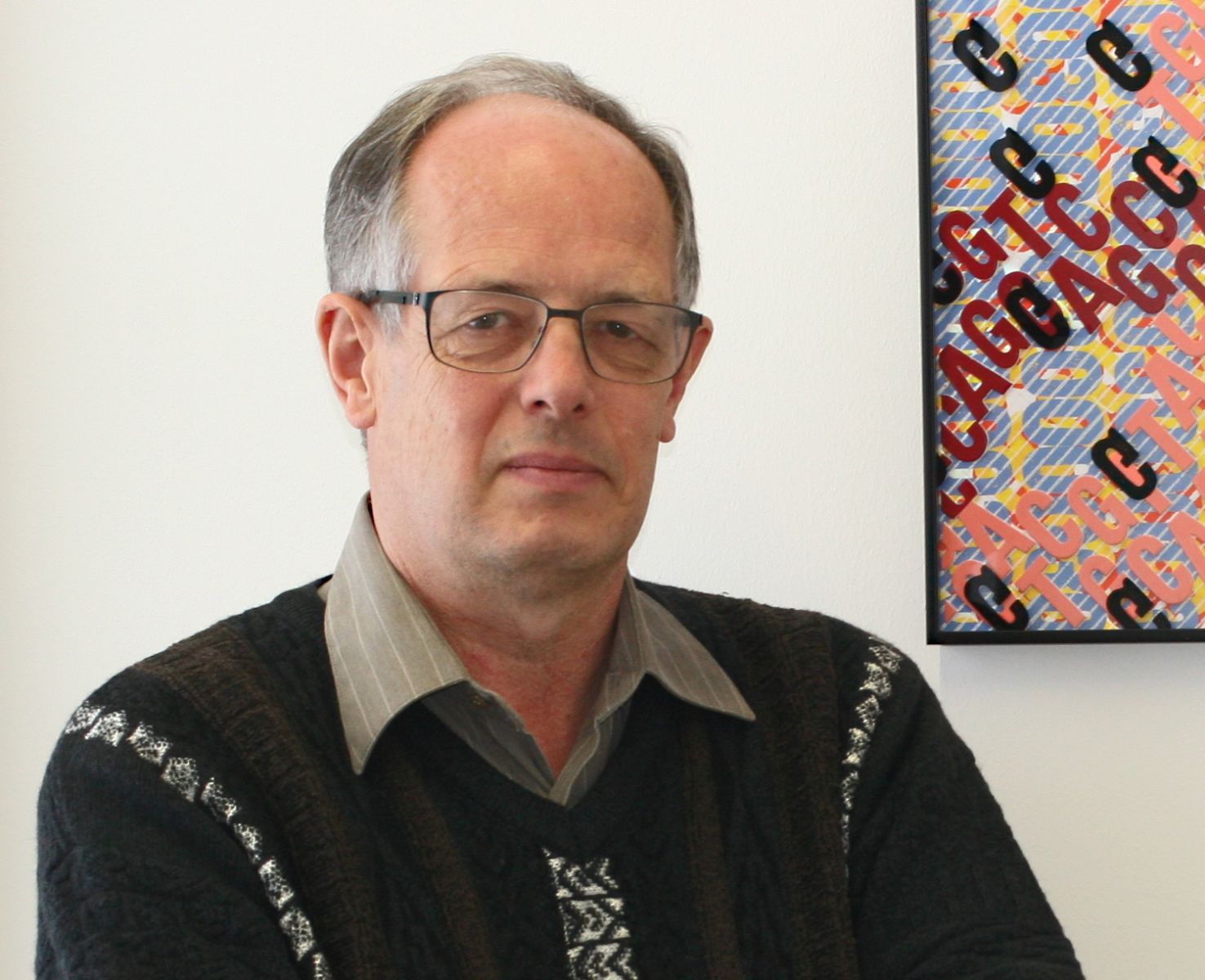
Prof. dr. Maarten Koornneef
Emeritus professor of plant genetics at Wageningen University
Further information
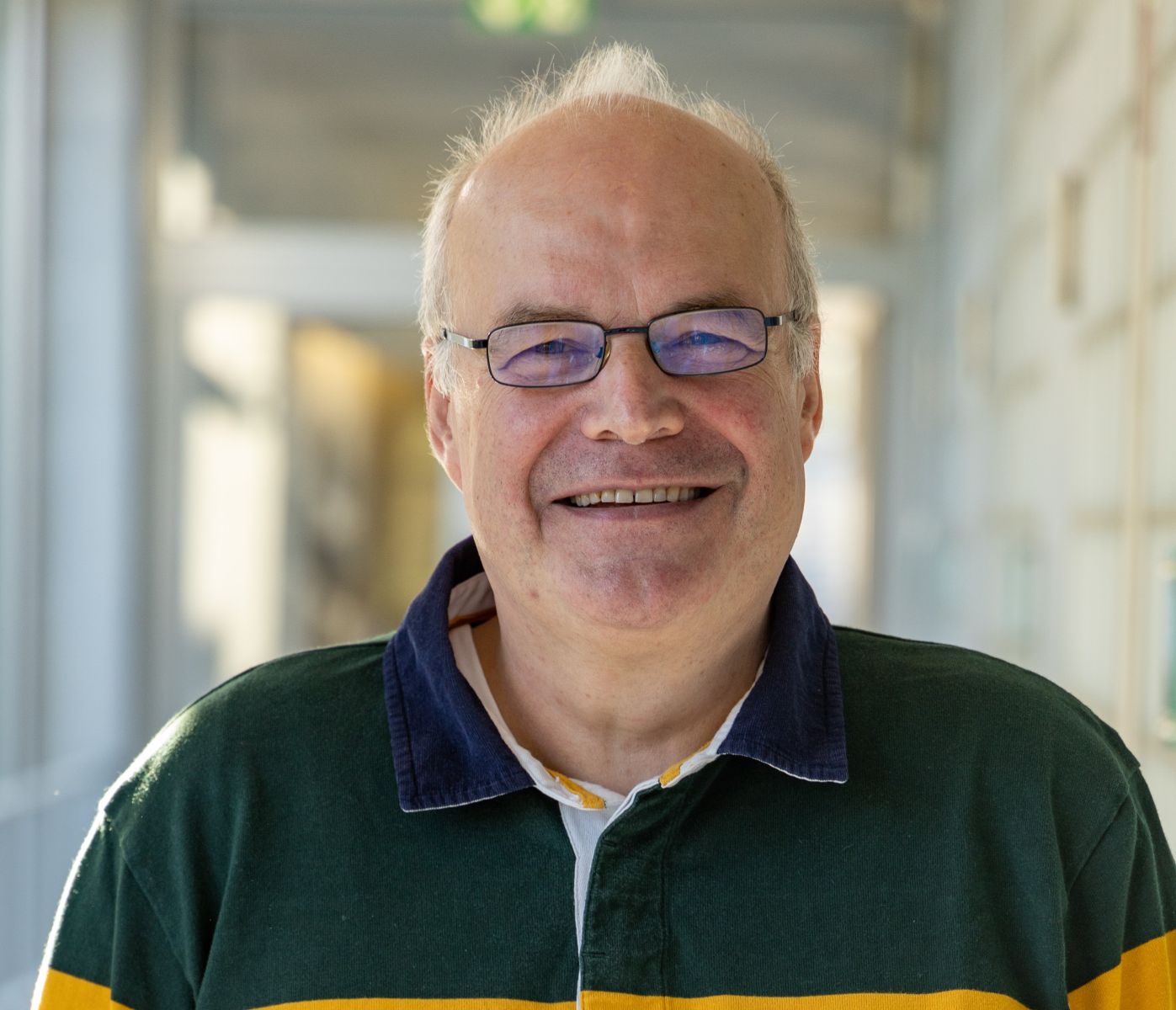
Prof. dr. Paul Schulze-Lefert
Max Planck Institute for Plant Breeding Research, Germany
Paul Schulze-Lefert is director of the Department of Plant-Microbe Interactions at the Max Planck Institute for Plant Breeding Research in Cologne, Germany. Previously, he held senior positions at the University of Aachen, Germany, and at the Sainsbury Laboratory of the John Innes Centre, Norwich, UK. His research focuses on the plant innate immune system and the plant microbiota. In recent years, his laboratory has contributed to the development of plant microbiota science as a new field of research. His main goal is to define the molecular principles underlying the establishment of plant-associated microbial communities and their beneficial services to the host using reductionist approaches.
Further information
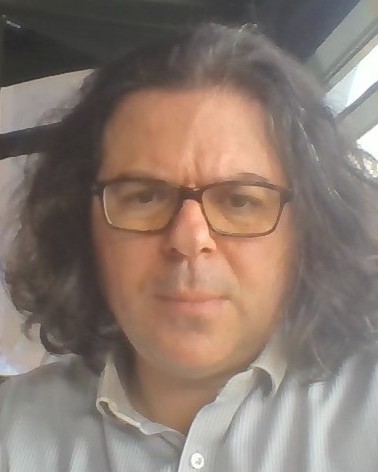
Dr. Claudio Screpanti
Syngenta R&D, Switzerland
Claudio Screpanti is an agronomist working at Syngenta R&D in Switzerland. He has several years of experience in agricultural research. He obtained his PhD in agronomy from the University of Bologna, Italy in 2003. He carried out additional studies in molecular biology and genetic engineering at the University of Louvain-la-Neuve, Belgium. Later Claudio joined Syngenta R&D, covering different scientific roles always in relation to soil. In 2018 he became a Syngenta Fellow, a company award recognizing outstanding scientific achievements. In 2024, he was promoted to Senior Syngenta Fellow, for his work in relation to the soil health and sustainable agriculture. In his current role, Claudio leads the Soil Health Centre in Stein and acts as the Syngenta soil expert looking at the effects of a wide range of technologies (i.e. small molecules, biostimulants, etc.) in the soil-crop systems. The aim is to support the discovery and development of new and more sustainable crop protection solutions.
Further information
.jpg)
Dr. Hari Sudini
Principal Scientist at ICRISAT
Dr. Sudini, an Indian national, earned his B. Sc. (Agricultural Sciences) and M.Sc. (Agriculture) from Acharya N.G. Ranga Agricultural University (presently Professor Jayashankar Telangana State Agricultural University), Andhra Pradesh, India followed by a Ph.D. in Plant Pathology from Auburn University, Alabama, USA. Dr. Hari Kishan Sudini joined in International Crops Research Institute for the Semi-Arid Tropics (ICRISAT) in December 2009 and since then he has been working for ICRISAT in various capacities. Currently, I am working as a Principal Scientist- Groundnut Pathology in the Accelerated Crop Improvement Research Program and the Head of Science Quality & Strategy at ICRISAT, India. My research areas/interests include identifying and deploying cost-effective and sustainable management options for groundnut diseases (leaf spots, rust, stem and collar rot, bud necrosis disease etc.) to improve the crop’s productivity and profitability. Most importantly, my lab works on addressing aflatoxin contamination in groundnut along the value chain including aflatoxin diagnostics. Of late my team focusing on soil amendments such as biochar and its influence on soilborne diseases suppression.
Further information
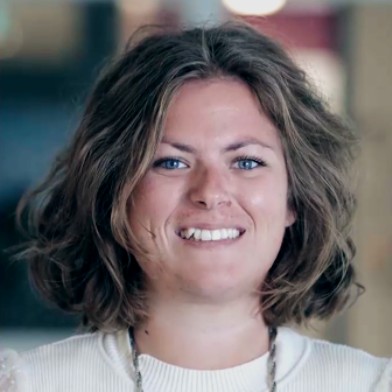
Monique van Veghel, MSc.
Policy Coordinator Research & Breeding Methods
Plantum is the business association for plant breeders and young-plant growers. As a policy specialist Research at Plantum, I am always looking for new research opportunities and exciting research projects. The microbiome has great potential in relation to plant breeding and I’m looking forward to the outcomes of MiCrop!
Further information
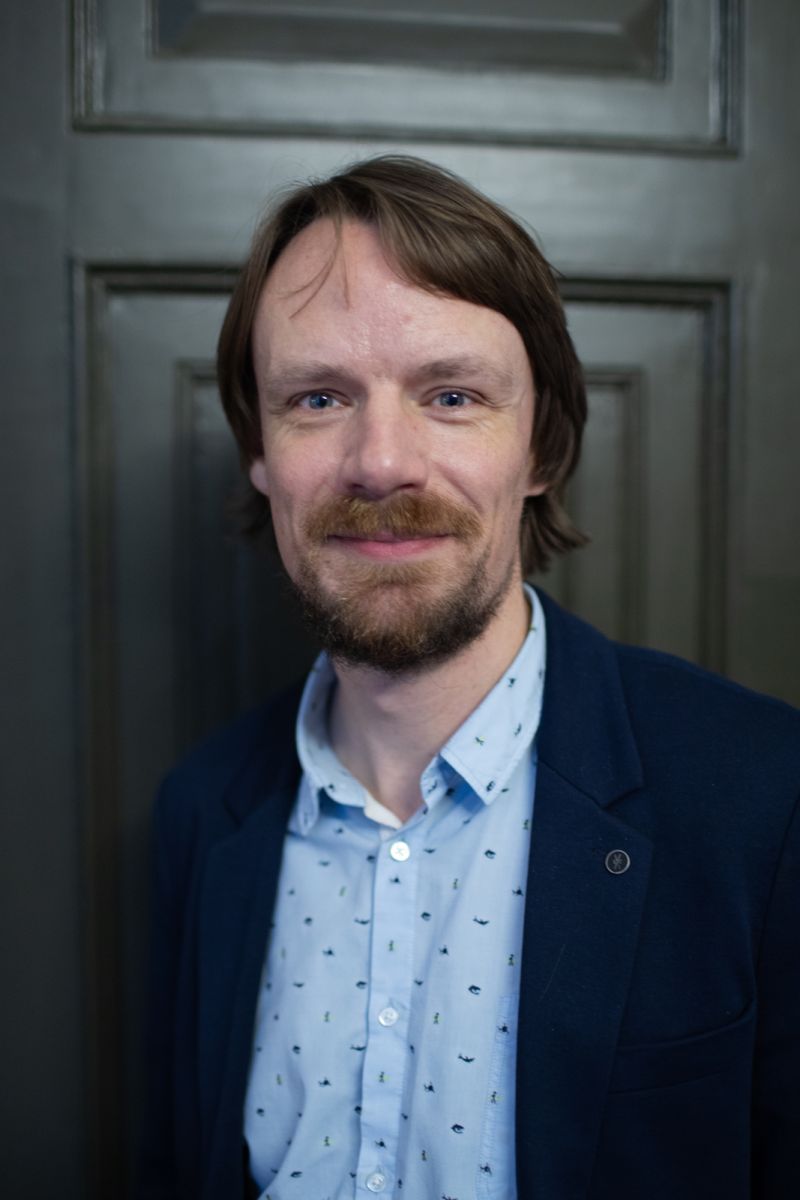
Dr. Marcel van Verk
Vice-President Crop Data Science, Keygene N.V.
Marcel van Verk heads the Crop Data Science department, the company’s central hub for advanced data analytics. His team specializes in designing and applying innovative methods using systems biology and artificial intelligence (AI) to tackle data challenges in genomics, trait research, digital phenotyping, and breeding. By leveraging interdisciplinary collaboration, Marcel and his teams are pushing the boundaries of agricultural science and technology, advancing crop science through cutting-edge data analytics.
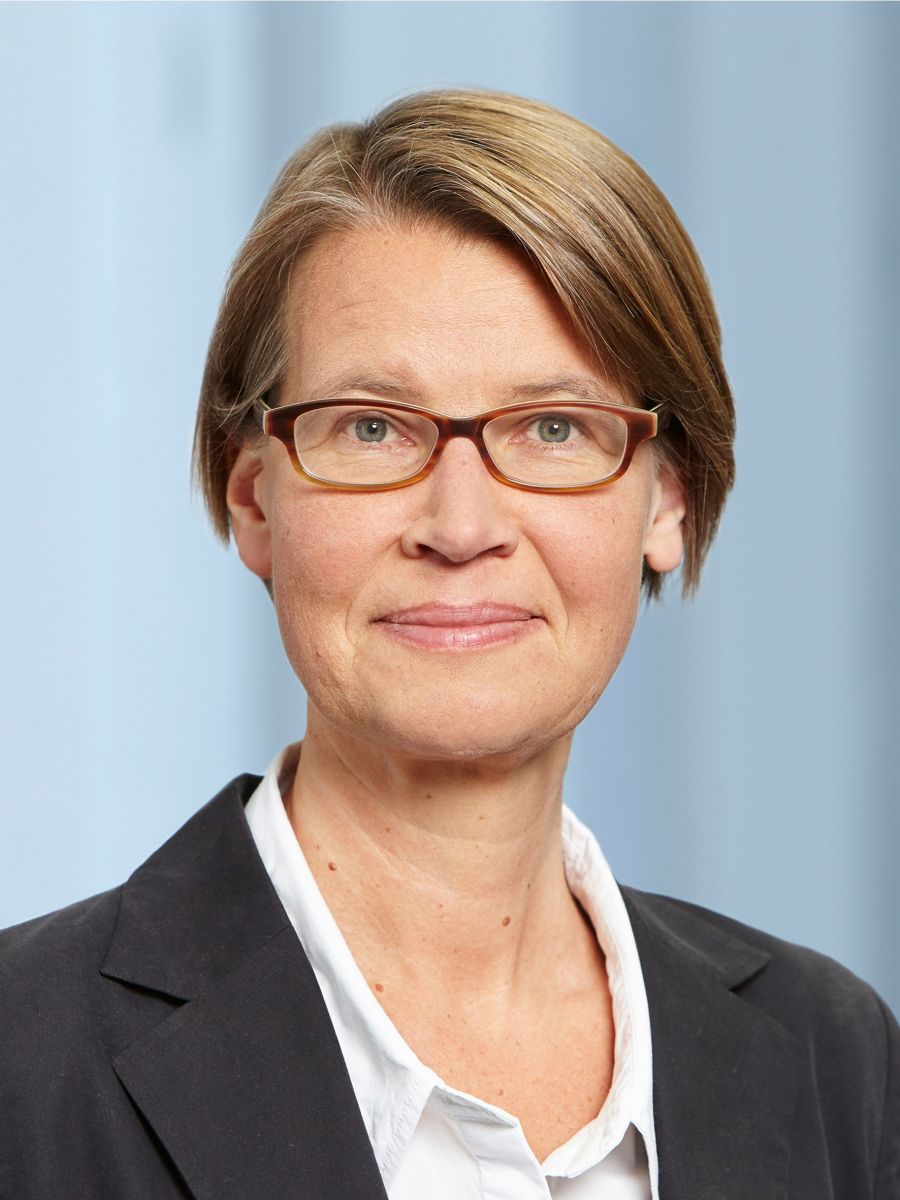
Dr. Julia Vorholt
Professor at ETH Zurich, Switzerland
Julia Vorholt is Professor at ETH Zurich, Switzerland, and co-director of the Swiss National Center of Competence in Research (NCCR) Microbiomes. Her laboratory focuses on understanding and engineering of plant microbiomes, one-carbon metabolism, and endosymbioses. Functional analyses are performed across scales, from molecules and proteins to cells, microbiomes, and host-microbe interactions..
Further information
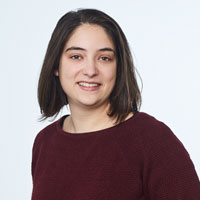
Carmina Falcato Cabral
Novonesis, Denmark
Further information
